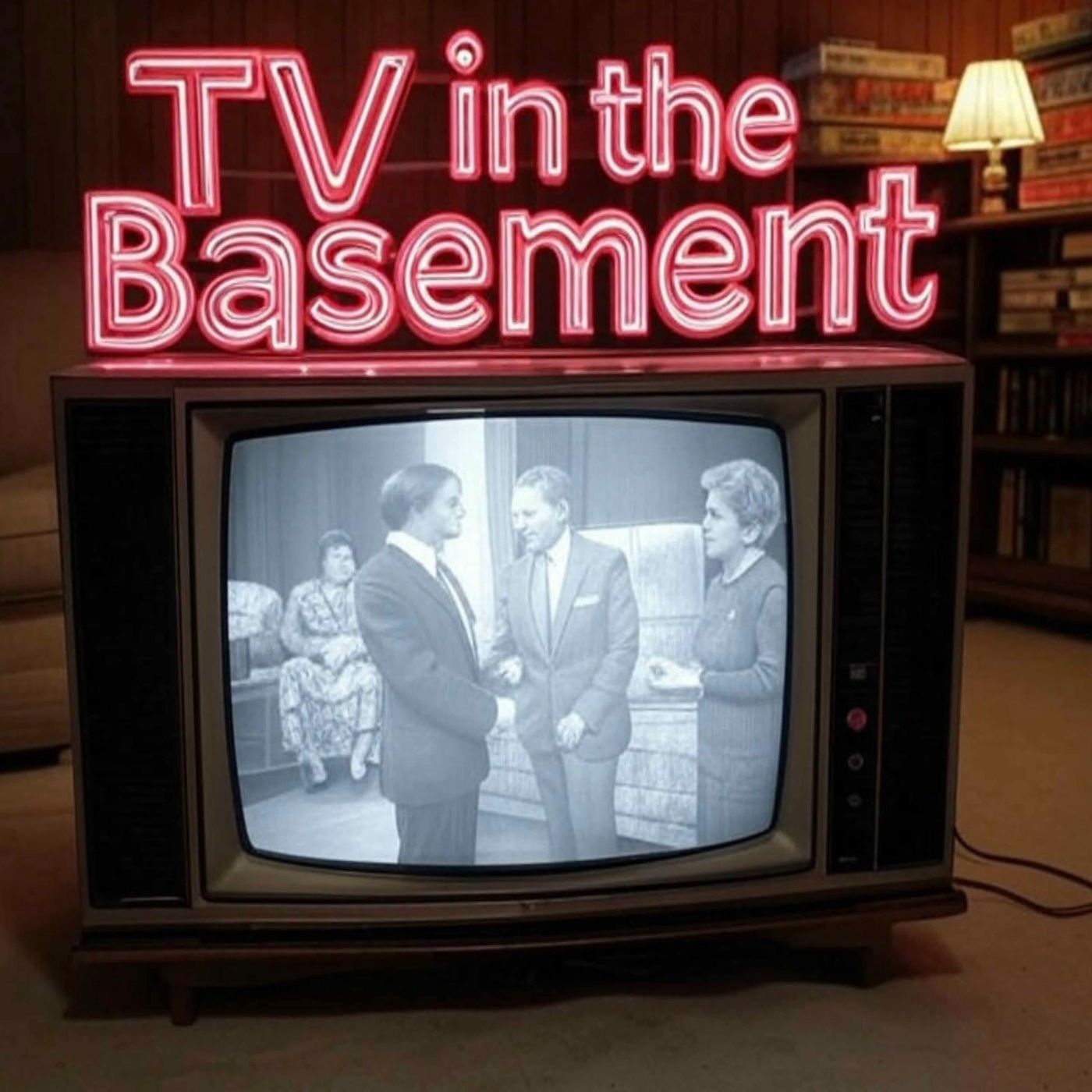TV In The Basement : Television's Greatest Shows and the Occasional Movie
Richard Lewis on TV - Carson, Letterman, Curb Your Enthuiasm and sitcoms with Jamie Lee Curtis and Don Rickles

loading...
February 29, 2024 12:26pm
9m
His rapport with Johnny Carson was particularly noteworthy. Carson, known for his impeccable timing and deadpan humor, played the perfect straight man to Lewis's manic energy. The contrast between Carson's cool demeanor and Lewis's anxious presence made for television that was as unpredictable as it was hilarious. Lewis's appearances during the Carson era were highlights of the show, capturing the essence of what made late-night talk shows a vital part of American culture. Richard Lewis's relationship with David Letterman was rooted in a shared comedic sensibility, with both comedians having a penchant for the absurd and the observational. "Late Night with David Letterman" provided Lewis with a platform that seemed tailor-made for his brand of humor. Letterman's offbeat style and willingness to push boundaries complemented Lewis's neurotic storytelling, making each appearance a memorable event. Lewis was among the cadre of comedians who thrived in Letterman's late-night realm, where the interviews often felt like conversations between old friends rather than scripted segments. His appearances were replete with anecdotes that were both hilariously relatable and uniquely bizarre, embodying the show's spirit. The mutual respect between Lewis and Letterman was evident, with Letterman often giving Lewis the space to explore his comedic tangents, leading to moments of unplanned, genuine laughter.
In "Anything But Love," Lewis played Martin Gold, a witty, neurotic magazine writer whose life intertwines with Hannah Miller, portrayed by Jamie Lee Curtis, a bright and ambitious researcher. The series, which aired from 1989 to 1992, explored their complex relationship, marked by a mutual attraction and the fear of ruining their close friendship by pursuing romance. The show was ahead of its time, delving into themes of love, friendship, and the intricacies of human relationships with a mature, thoughtful approach rarely seen in sitcoms of that era. Richard Lewis's portrayal of Marty was a significant departure from the typical leading men on television. Marty Gold was introspective, filled with existential dread, and yet undeniably charming—qualities that Lewis infused with his own personal brand of humor. His character often served as a mouthpiece for the anxieties of the modern man, trying to find love and success in a rapidly changing world. Jamie Lee Curtis's Hannah Miller was the perfect counterpart to Marty. Her character's independence, intelligence, and warmth made her a beloved character, and her chemistry with Lewis was palpable. Their on-screen relationship navigated the tension between maintaining their friendship and exploring deeper feelings, a dynamic that resonated with audiences and became the heart of the show.
"Anything But Love" also benefited from a strong supporting cast, including Holly Fulger as Robin Dulitski, Marty's quirky assistant, and Bruce Weitz as Jules Bennett, the magazine's blustery editor. The interactions among the ensemble cast provided a rich backdrop to the evolving relationship between Marty and Hannah, adding layers of comedy and drama that enriched the show. Beyond the laughter, "Anything But Love" was notable for its intelligent writing and its willingness to tackle social issues and personal dilemmas with sensitivity and depth. Episodes often blended humor with moments of genuine emotion, a testament to the skill of the writers and the cast's ability to deliver n
loading...